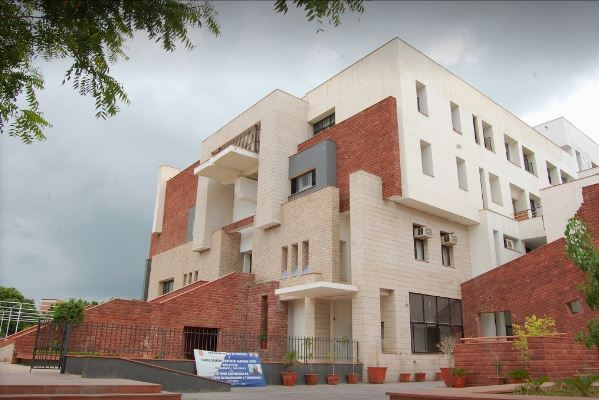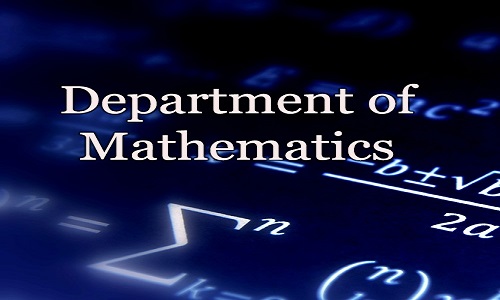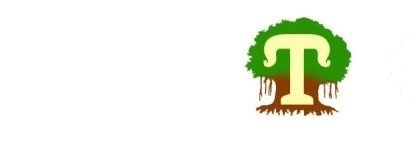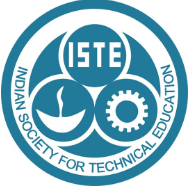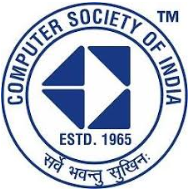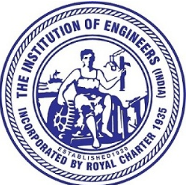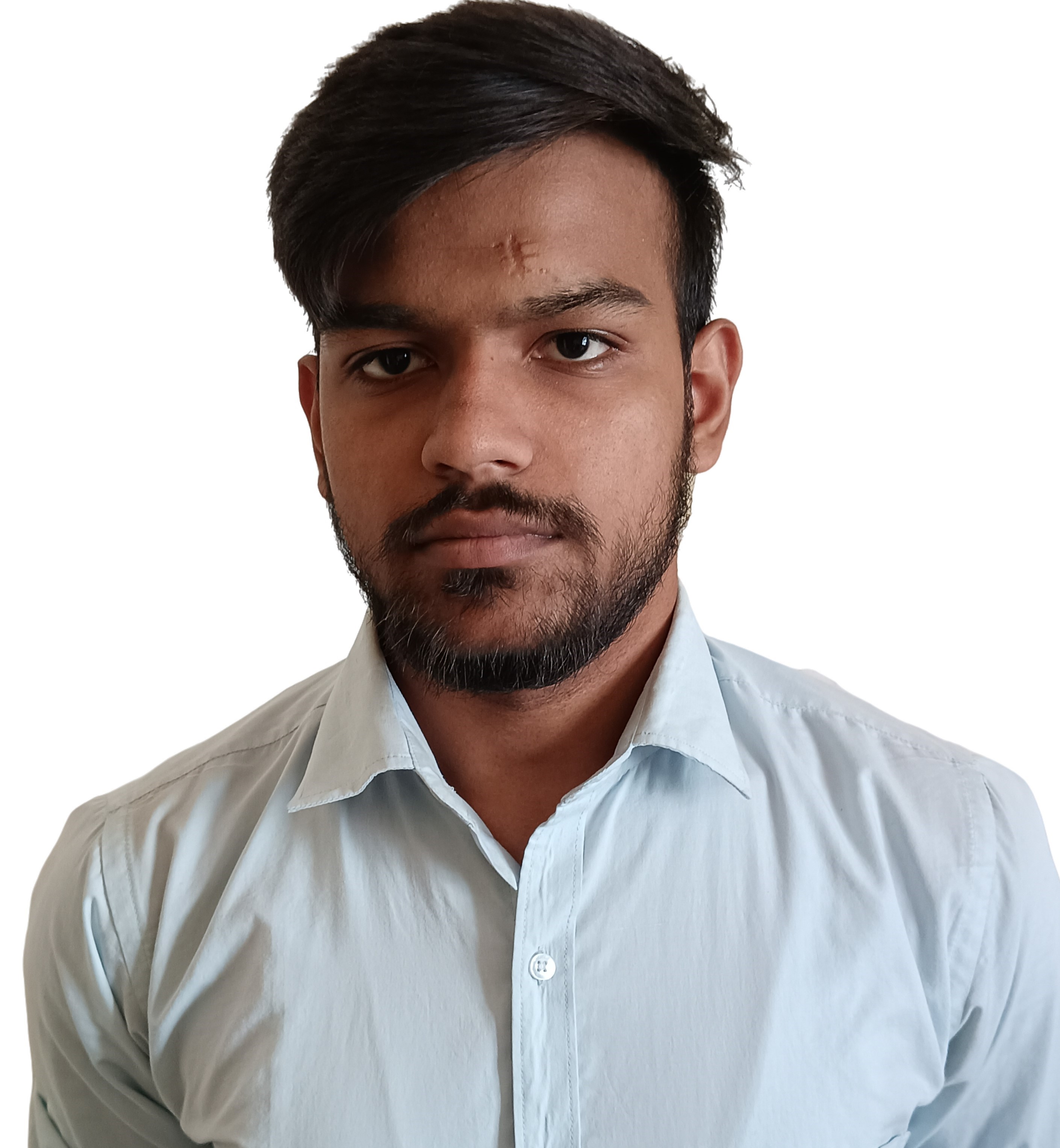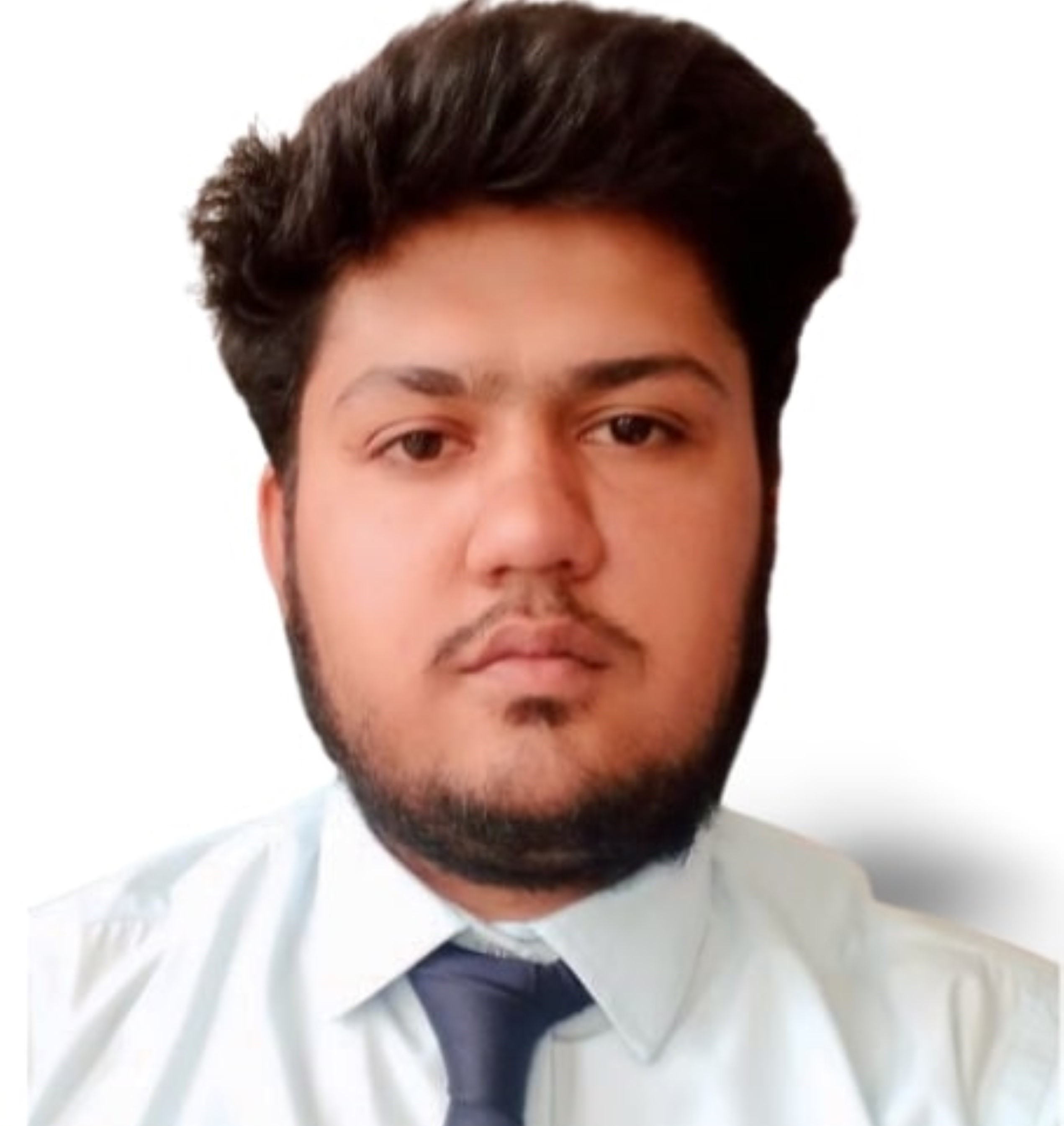About The Conference
Objective of the Conference:
The main objective of the International conference is to provide a platform for researchers and scientists working in all fields of mathematics, modeling, statistics and related areas from both academia and industry to exchange research ideas and have in-depth discussions of recent advances in mathematical research. .

INTRODUCTION
Mathematics is the science of measurement, quantity and magnitude. Mathematics is the most
closely related subject in our daily life. Its knowledge is exact, systematic logical and clear.
Mathematics involves the process for intellectual development of mental faculties. It is not
that mathematical knowledge is needed only by engineers, doctors or business personals.
Even the smallest citizens of society need the basic knowledge of mathematics.
In fact mathematics is the language of all sciences. It was only the mathematical
interpretation of Newton’s Law of Gravitation that had led the world into the era of Satellite
Communication. The emergence of computers, Internet mobiles and modern means of
transport has reduced the world into a ‘Global Village’. Thus, Science which is considered as
the backbone of technology borrows its exactness and systematic approach by the virtue of
mathematics.
Mathematical techniques are use in a variety of other disciplines, including physics,
engineering, medical, biology, finance, business, computer science, and industry. This is what
is meant by the term "applied mathematics." Therefore, applied mathematics is a blend of
mathematical science and domain-specific expertise. The phrase "applied mathematics" can
also be used to refer to the professional subfield of mathematics known as "applied
mathematics," in which mathematicians focus on solving real-world issues by developing and
analysing mathematical models.
Modeling and Statistics are two branches of applied mathematics. Modeling involves fitting
equations to data, usually just approximately. Statistics is the science of uncertainty. Today
mathematical modeling is an integral part of research in many fields. Statistics was initially
developed to analyze errors in measurements. When different measurements for the same
quantity were compared, it was quickly discovered that they formed a pattern, the now-
familiar bell curve. Not long afterward, probability was invented to understand games of
chance, and then greatly enhanced the understanding and applicability of statistics. Today,
the two are intertwined in the area called inferential statistics. Statistics covers every facet of
data, including the planning of data collecting in terms of the design of surveys and
experiments. One of the most important aspects of data is its organization.
The conference gives a platform for to discuss the new innovative ideas in the fields of
Advances in Pure and Applied Mathematics. These fields include deliver information that is
mostly based on the knowledge that has been gained via studies and the relevant sharing
materials. This conference will cover a wide variety of topics, including but not limited to
Pure and Applied Mathematics.
The conference is organizing in association with University of Technology and Applied Sciences (UTAS), Muscat, OMAN and Shiksha ‘O’ Anusandhan University, Bhubneshwar,Odisha,India.

